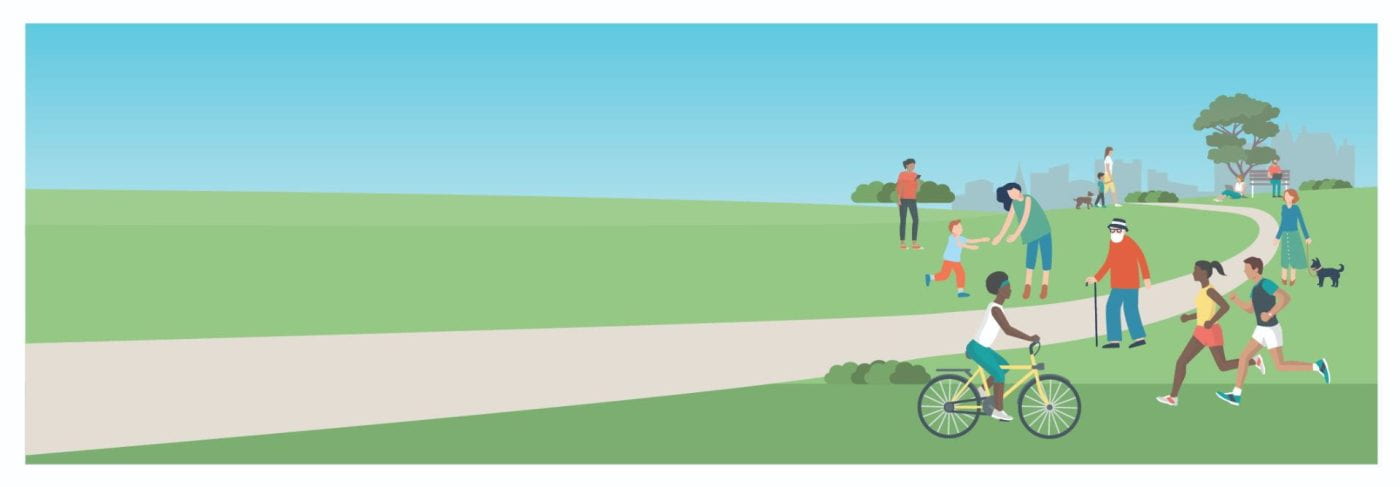What if, instead of reducing ageing to clinical decline, we explored it as a shared human journey? What if we saw older people not just as patients, but as educators, collaborators, and holders of vital life experience? In this vision, students don’t just learn about ageing in lectures — they encounter it through storytelling, simulation training, communication practice, time spent in the community, and real conversations with older adults. A curriculum that teaches students to find shared humanity — to see the person behind the hospital bed, not just the illness in it.
We explored these questions — and many more — at a recent ageing education knowledge mobilisation workshop that brought together a vibrant, multidisciplinary group committed to reimagining how the health professions undergraduate curricula teach about growing older. The event welcomed 53 attendees: 7 students, 8 members of the public, 26 clinical educators from across geriatric medicine, neurology, general practice, dietetics, paramedicine, nursing, physiotherapy, and pharmacy, and 12 passionate advocates for older people, including researchers, care home staff, and leaders from the charitable sector.
The day was anchored by a brilliant and engaging keynote from Dr Lucy Pollock — geriatrician and author of The Book About Getting Older. Her talk sparked lively conversation and set the tone for thoughtful, energised discussion. Participants then broke into workshop groups to explore four key themes: lived experiences of ageing and caregiving; how ageing is currently taught and learned; how curricula can better reflect the complex realities of growing older; and how to meaningfully involve older adults, multidisciplinary healthcare professionals, and communities in shaping that education.

Why This Work Matters
Teaching is often shaped by the demands of national exams like the MLA (medical licensing assessment). Yet despite this focus, many medical students still feel unprepared to care for older patients. A survey by the British Geriatrics Society found that 54.8% of students felt “unprepared” or “somewhat unprepared” to manage the practical aspects of caring for older adults. This gap highlights the urgent need to prioritise ageing within the medical curriculum.
We all have a stake in improving care for older people — our patients are ageing, our families are ageing, and so are we. The time and emphasis given to each specialty in medical education should reflect the population we serve. Geriatrics is not optional — it’s essential. Every future doctor, regardless of specialty, needs a strong understanding of how to care for older adults.
Public and patient involvement and engagement (PPIE) plays a key role in shaping more relevant, person-centred teaching. Through PPIE, we can hear directly from older people about what they wish doctors knew, what good care looks like, and where gaps remain. We also learn from students and educators about the realities of teaching and learning in this area. When these voices come together, they generate practical, grounded solutions to move ageing education forward.
Key Insights
Early Integration
A key theme from the knowledge mobilisation workshop was the importance of integrating ageing content early in training. Students need to engage with older adults throughout their education — not only to gain clinical skills but to build empathy and patient-centred values. Early exposure fosters intrinsic motivation to care for older people and prepares students across all specialties to do so confidently and respectfully.
Humanising Older Adults in Teaching
Older people bring rich, real-world insight to education. Involving them as teachers, mentors, or contributors breaks down stereotypes and helps students develop communication and interpersonal skills. Seeing older adults as individuals with agency and experience, not just as patients, deepens students’ understanding and challenges ageism in healthcare.
Community-Based Learning
Experiences in the community — from care homes to social spaces like allotments — help students appreciate older adults’ lives beyond illness. These placements offer a holistic view of health and wellbeing, especially at a time when hospital placements are under strain. Community learning fosters empathy and connection, while offering practical, scalable alternatives for health professions education.
The Arts as a Window into Ageing
Participants also emphasised the power of the arts in medical education. Listening to podcasts featuring older voices, joining reflective book clubs, and engaging with creative storytelling are powerful ways to immerse students in the lived experience of ageing. These methods enrich understanding, build empathy, and encourage deep emotional and cognitive engagement.
Interprofessional Education (IPE)
The workshop also highlighted the importance of IPE. Geriatric care relies on strong collaboration between diverse professionals. Teaching students how to work within multidisciplinary teams prepares them for real-world practice and reinforces the value of coordinated, person-centred care.

Looking Ahead
Following on from the success of this pilot knowledge mobilisation workshop, we have applied for funding to deliver two more, where we will develop the ideas and connections formed at this pilot. The overarching aim of these workshops is twofold: to connect students to older people in the community, for all the rich learning and other benefits outlined above. We’d also like to give older people a voice in curriculum design and delivery, to shape the future of healthcare education in meaningful ways.
This workshop reminded us that ageing education is not just about content — it’s about connection, humanity, and a shared commitment to better care. By placing these values at the heart of medical education, we can better prepare future doctors to care for everyone, including their future selves.
Project links:
By Matilda Gardener and Grace Pearson
Matilda Gardener is a final-year medical student, former President of the University of Bristol Medical Society (Galenicals), and the founder and President of BUGS – the Bristol University Geriatric Medicine Society (2024–2025)
Dr Grace Pearson is a Clinical Lecturer in Ageing Education at Bristol Medical School, Adjunct Lecturer in Geriatric Medicine at the University of Zimbabwe, and Specialty Doctor, and a Specialty Doctor in Geriatric Medicine at the Royal United Hospital Bath. Learn more about Grace’s work visiting: Ageing & Movement Research Group – A dynamic, multidisciplinary research collaboration, focused on ageing and movement disorders and Global Health Ageing.

